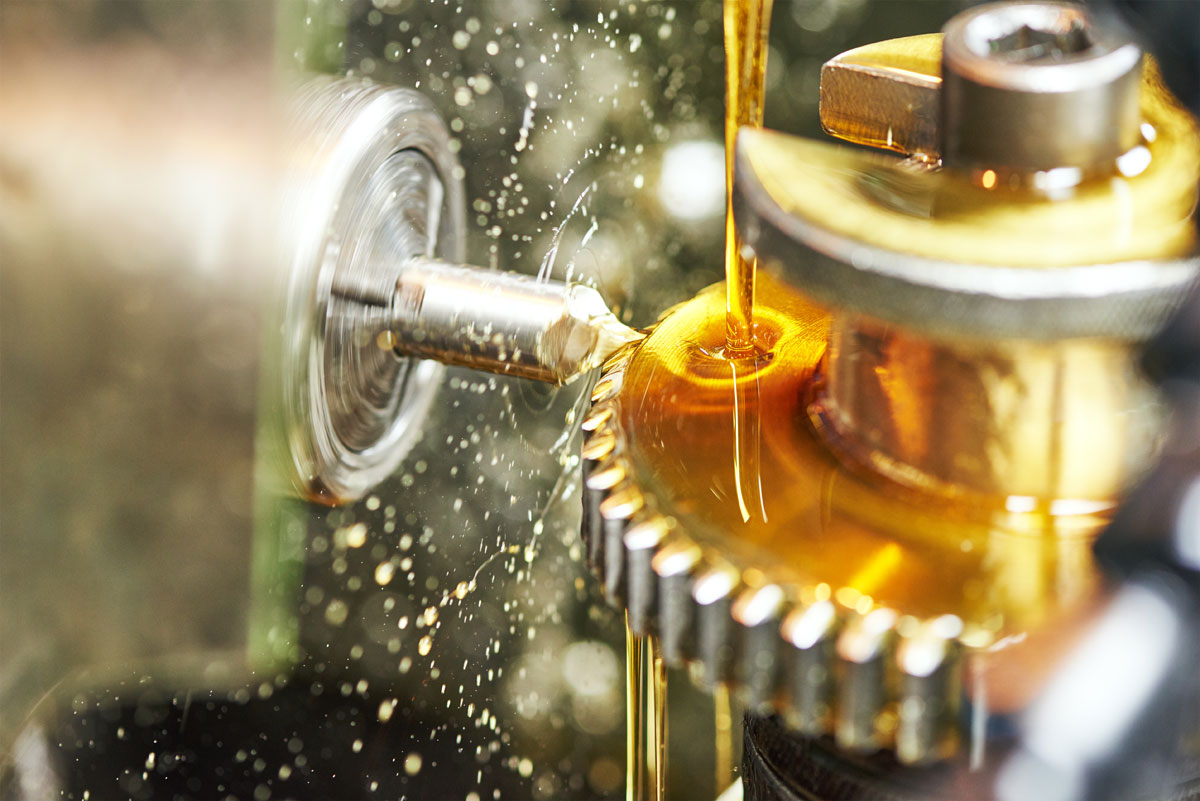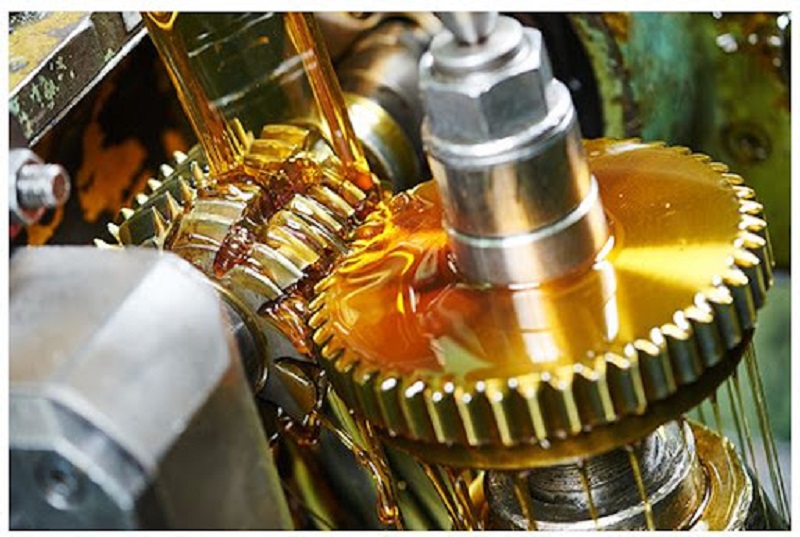Rust is not just a cosmetic concern–it’s a serious threat that silently degrades machines, tools, and industrial assets. For businesses relying on metals, machinery, or precision components, rust preventive oils are essential to fight corrosion, reduce maintenance, and extend equipment life.
But where exactly are these oils used? How do they work, and why are they so critical in specific industries?
This blog explores 5 real-world applications of rust preventive oils, highlighting how they contribute to machine longevity, productivity, and cost efficiency.
What Is Rust Preventive Oil?
Rust preventive oil is a specially formulated product used to protect metal surfaces from moisture, air, and contaminants that cause corrosion. These oils form a protective barrier on metal parts, stopping the oxidation process and shielding materials during storage, transport, and operation.
Depending on the formulation–oil-based, solvent-based, water-based, or waxy coatings–these preventives can last for months or even years, ensuring long-term reliability

1. Automotive Manufacturing and Spare Parts Storage
Application:
Automotive parts are often manufactured in bulk and stored for extended periods before assembly. These include brake discs, gears axles , and other automotive components.
Why It Matters:
Exposure to air and humidity can cause flash rusting, especially on high-precision machined parts. Rust affects tolerance levels, increases friction, and reduces efficiency.
How GRODAL Rust Preventive Oil Helps:
- Displaces moisture from micro-surfaces using dewatering properties
- Forms a thin, protective film that resists oxidation
- Allows direct use of the part after storage (especially with low-residue oils like GRODAL RPSB 8065)
Benefit:
Fewer defects during assembly, lower part rejections, and reduced warranty claims.
2. Industrial Machinery and Equipment Storage
Application:
Industries like mining, construction, manufacturing, and oil & gas often store heavy machinery or rotate equipment seasonally.
Why It Matters:
Large machines exposed to outdoor conditions or long-term storage are highly vulnerable to rust. Hydraulic systems, exposed shafts, gears, and bolted joints need protection during idle periods.
How GRODAL Rust Preventive Oil Helps:
- GRODAL offers long-lasting coverage (up to 12 months indoors and several months outdoors, depending on the formulation)
- Resistant to temperature fluctuations and humidity
- Available in brush, dip, or spray applications for ease of use
Benefit:
Reduces unplanned downtime, prevents premature wear, and lowers repair costs.
2. Industrial Machinery and Equipment Storage
Application:
Industries like mining, construction, manufacturing, and oil & gas often store heavy machinery or rotate equipment seasonally.
Why It Matters:
Large machines exposed to outdoor conditions or long-term storage are highly vulnerable to rust. Hydraulic systems, exposed shafts, gears, and bolted joints need protection during idle periods.
3. Export Packaging and Overseas Shipments
Application:
Exporters of metal parts, automotive components, dies, or machines use rust-preventive oils during packaging to protect goods from rust in transit—especially when shipping by sea.
Why It Matters:
Salt-laden air and high humidity during marine shipping create aggressive corrosion environments.
How Rust Preventive Oil Helps:
- Creates a barrier film that resists salt spray and condensation
- Easy to remove at destination with minimal cleaning
- Often used in combination with vapour corrosion inhibitors (VCI) and protective films
Benefit:
Ensures products arrive in ready-to-use condition, improving customer satisfaction and reducing losses.
4. Tooling, Dies, and Machined Part Preservation
Application:
After manufacturing, tools, dies, and machined parts are stored until their next production cycle or shipment. These parts often have intricate geometries and close tolerances.
Why It Matters:
Surface rust on high-value tooling leads to poor-quality production and increased setup time.
How Rust Preventive Oil Helps:
- Thin-film oils penetrate small cavities and grooves
- Dewatering properties remove moisture from intricate surfaces
- Some oils leave dry films, ideal for parts that must remain clean
Benefit:
Preserves surface finish, reduces tool maintenance, and improves first-pass quality.
- Refined base oils for long-lasting film strength
- Dewatering agents to remove surface moisture
- Corrosion inhibitors tailored for ferrous and non-ferrous metals
- Chlorine-free formulas to support eco-compliance
- Low-viscosity options for easy penetration
Depending on the environment, oils may be:
- Solvent-based (quick drying)
- Oil-based (long-term indoor/outdoor protection)
- Water-based (eco-friendly)
- Wax-type (heavy-duty, long-storage applications)
Summary Table: Quick Comparison of Use Cases
| Application Area | Recommended Type | Key Benefit |
| Auto parts and spares | Solvent-based, thin-film | Short-term protection, easy cleanup |
| Industrial machinery | Oil-based | Long-term, high-resilience barrier |
| Export packaging | Spray or VCI compatible | Rust-free delivery, moisture control |
| Tooling and dies | Low-residue solvent | Protects precision, easy re-use |
| Aerospace/Defense | Chlorine-free, high purity | Safety and long-term storage |
Final Thoughts
Rust preventive oils are not a luxury–they’re an essential line of defense against corrosion that saves time, money, and machinery lifespan. From automotive workshops to aerospace assembly lines, these oils are at work behind the scenes, ensuring every part performs perfectly.
Understanding the application of rust preventive oils helps industries:
- Choose the right formulation
- Reduce operational costs
- Deliver consistent performance
- Extend equipment service life



